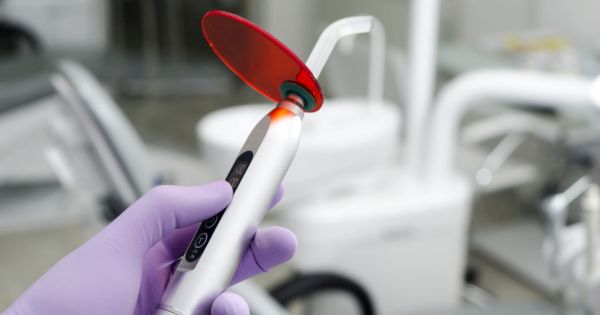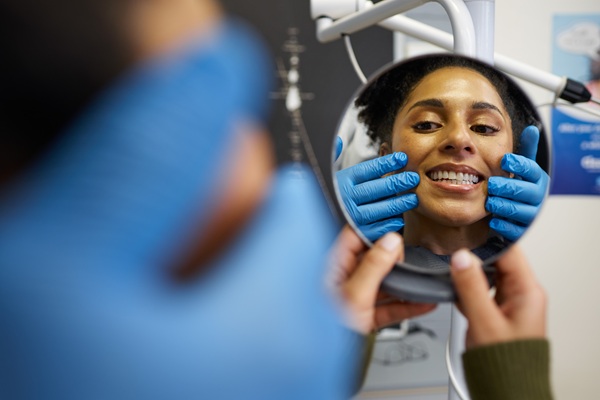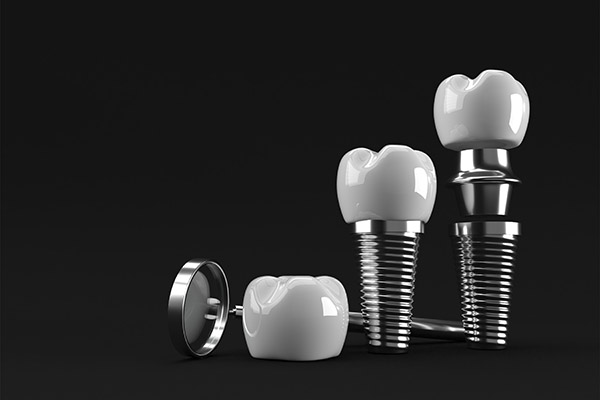Laser Dentistry: A Painless Alternative to Traditional Dental Treatment

Laser dentistry has been used to treat dental problems since the 1990s. The use of lasers has been approved by the Food and Drug Administration. The American Dental Association (ADA) is yet to approve laser dentistry as an alternative to traditional dental treatment. However, the ADA has stated that it is cautiously optimistic about the role of laser technology in dentistry.
Why is laser dentistry considered a painless alternative to traditional dental treatment?
As previously mentioned, lasers have been used to treat dental problems for over two decades. According to dentists, laser dentistry offers a more comfortable treatment option for various dental procedures that involve hard or soft tissue, especially when compared to drills and other non-laser tools.
Some of the dental procedures laser dentistry is used for include:
- Tooth decay
- Gum disease
- Teeth hypersensitivity
- Teeth whitening
How are lasers used to treat dental problems?
Laser dentistry can be used for both hard and soft tissue procedures. Hard tissue procedures are the procedures used on the teeth. Soft tissue procedures are the procedures that are used to treat the gums.
When used for dental procedures, the laser mostly acts as a cutting instrument. When it is used for teeth whitening, the laser acts as a heat source and enhances the effects of the bleaching agent.
Some of the hard tissue procedures include:
- Treating tooth sensitivity: Dentists can treat teeth that are sensitive to hot or cold temperatures with dental lasers, which seal tubules on the tooth’s root
- Detecting cavities: Lasers can be used to detect cavities early by finding evidence of tooth decay
- Dental fillings and tooth preparation: Lasers can be used to drill holes in the teeth instead of using drills. They can also be used to kill the bacteria in a cavity, which aids the long-term health of a tooth
Some of the soft tissue procedures lasers can be used to treat include:
- Fixing a gummy smile: Laser dentistry can be used to reshape the gum tissues that cause a gummy smile, which is what happens when the gums cover up a significant part of the tooth
- Getting rid of soft tissue folds: Lasers can be used to remove the soft tissue folds that can occur when a patient has ill-fitting dentures
- Lengthening the crown: Lasers can be used to reshape both the bone and gum tissue. This provides the patient with a healthier tooth structure, which makes it easier to place restorations on the teeth
What are the advantages of laser dentistry?
When compared to dental drills, lasers:
- Cause less pain and reduce the need for anesthesia
- Reduce anxiety in patients that are uncomfortable with the use of a drill
- Help to preserve more healthy parts of a tooth during cavity removal
- Reduce the swelling and bleeding during soft tissue treatment
What are the disadvantages of laser dentistry?
Some of the disadvantages of laser dentistry include:
- They cannot be used on teeth with fillings
- Traditional drills may still be needed after the laser has been used
- More expensive
- Cannot be used for certain dental procedures
Conclusion
Laser dentistry provides a painless alternative to traditional dental treatment and is becoming increasingly popular. If you have problems with your teeth that may require the use of a drill, ask your dentist if the use of lasers is an option.
Request an appointment here: https://www.carmelsmilesdentist.com or call Smiles in the Village Dentistry at (317) 218-7985 for an appointment in our Carmel office.
Check out what others are saying about our services on Yelp: Read our Yelp reviews.
Related Posts
Professional dental cleaning are integral for keeping your mouth healthy. They remove plaque and tartar (hardened plaque) that regular brushing and flossing cannot, leaving your teeth and gums refreshed. Maintaining healthy habits that keep your smile bright and strong is essential to make the most of a dental cleaning. Caring for your teeth properly after…
If you are considering implant dentistry or are about to go through the process and want to learn more about it, it is helpful to first understand the basics. Here, we will discuss the various parts that make up an implant dentistry restoration and highlight how they all work together to complete the restoration.An implant…
If you have opted for implant dentistry to replace your missing teeth, you will need to decide on fixed or removable restorations. Read on to learn about implant dentistry and your options. Removable implant-supported restorations can be snapped on and off the abutments anytime there is a need to take off. In contrast, fixed restorations…
Dentures have long provided an effective solution for patients with missing teeth, offering improved oral function and facial appearance. Today, advances in digital dentistry are transforming the way dentures are designed, fabricated, and fitted—offering greater precision, comfort, and natural aesthetics. This innovative approach represents a new era in restorative care, helping patients enjoy a confident…


